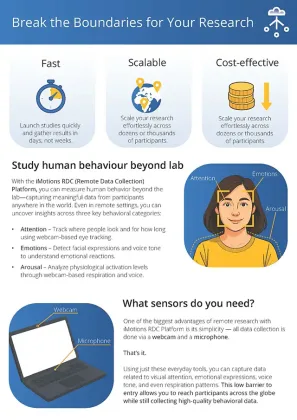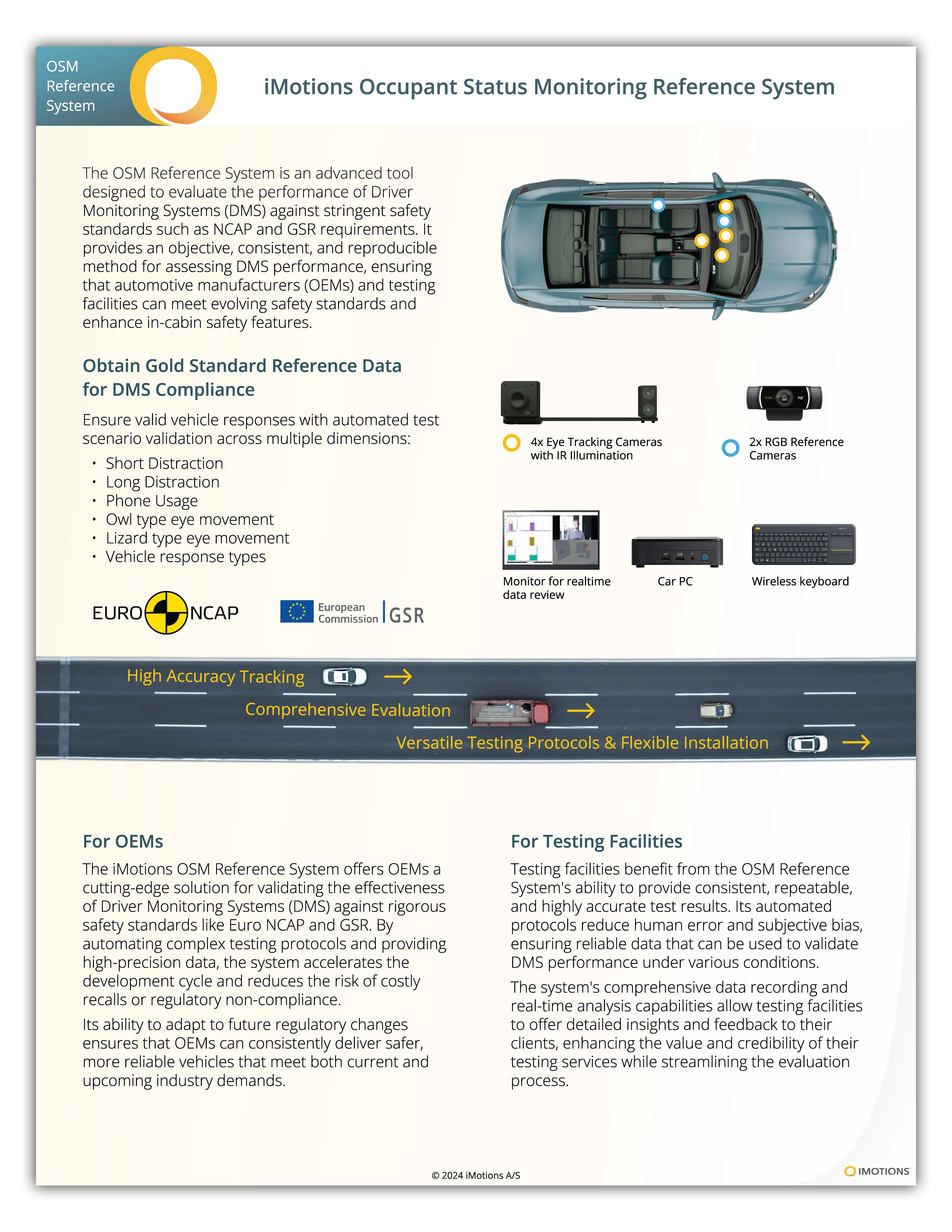(1) Background: The proportion of fully mechanized harvesting systems in Austria is constantly increasing especially because of the technological development of the machines, which allows them to drive on increasingly steep terrain. This leads to additional challenges and potential hazards for the operators, which may also cause higher stress levels. The purpose of this study is to develop and debate a new set of methodologies for determining time and space resolved psychophysiology data to analyze stressful and non-stressful work situations for harvester and forwarder operators; (2) Methods: we suggest a study protocol to analyze a) tasks performed by the driver, b) environmental factors, like slope gradient, c) the psychophysiological response of experts during these tasks, and d) evaluate the worker´s subjective stress and fatigue before and after a harvest operation. (3) Results: Within this manuscript we present a study protocol based on quantitative and qualitative methods, like time and space resolved psychophysiology, questionnaires, qualitative interviews, as well as video and sensor-based analysis of environmental and machine data. The first results from real measurements of a forwarder driver are presented; (4) Conclusions: This multimodal research protocol serves to explore the relationship between stress, fatigue, and performed tasks. Through our quantitative and qualitative methodology, researchers can improve the health and safety of forest workers at work, improve their productivity and reduce damage to remaining trees.
Related Posts
-

Multiface Analysis in Action: Advanced Methods for Studying Facial Expressions in Group Settings
-

Memory and Visual Attention: 5 Foundational Eye-Tracking Experiments
-

Converting Raw Eye-Tracking Data into Cognitive Load Indicators
-

Desire Before Delight: Why Wanting Drives Consumer Choice More Than Liking































